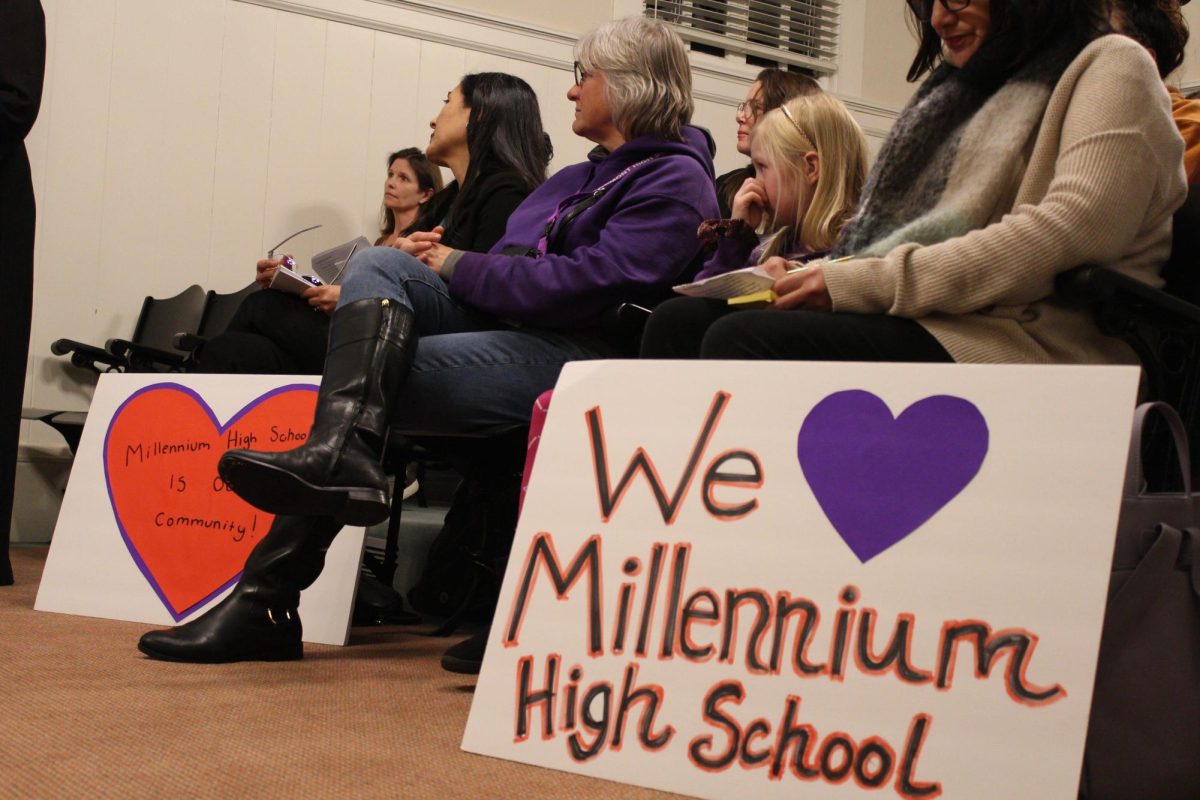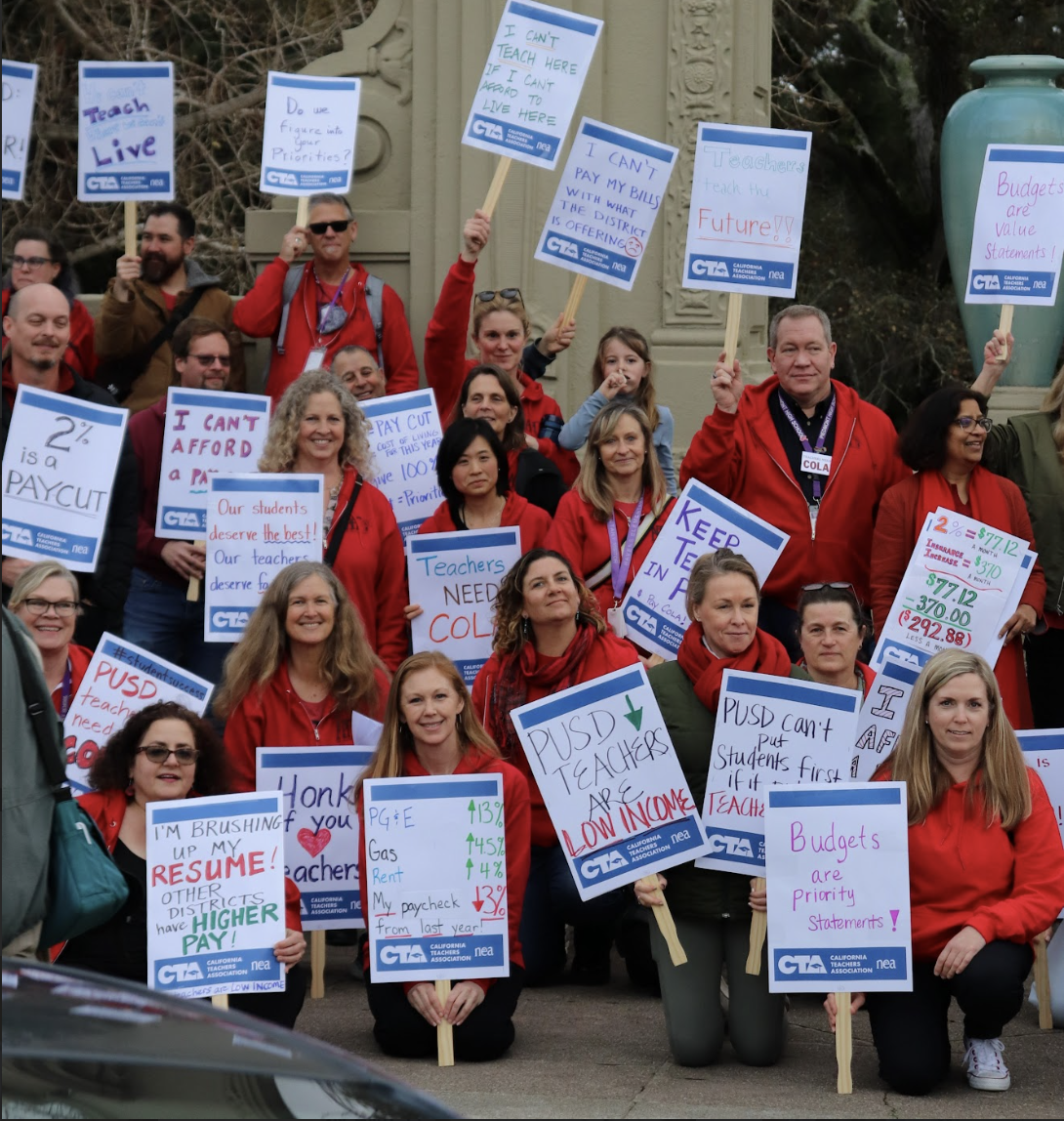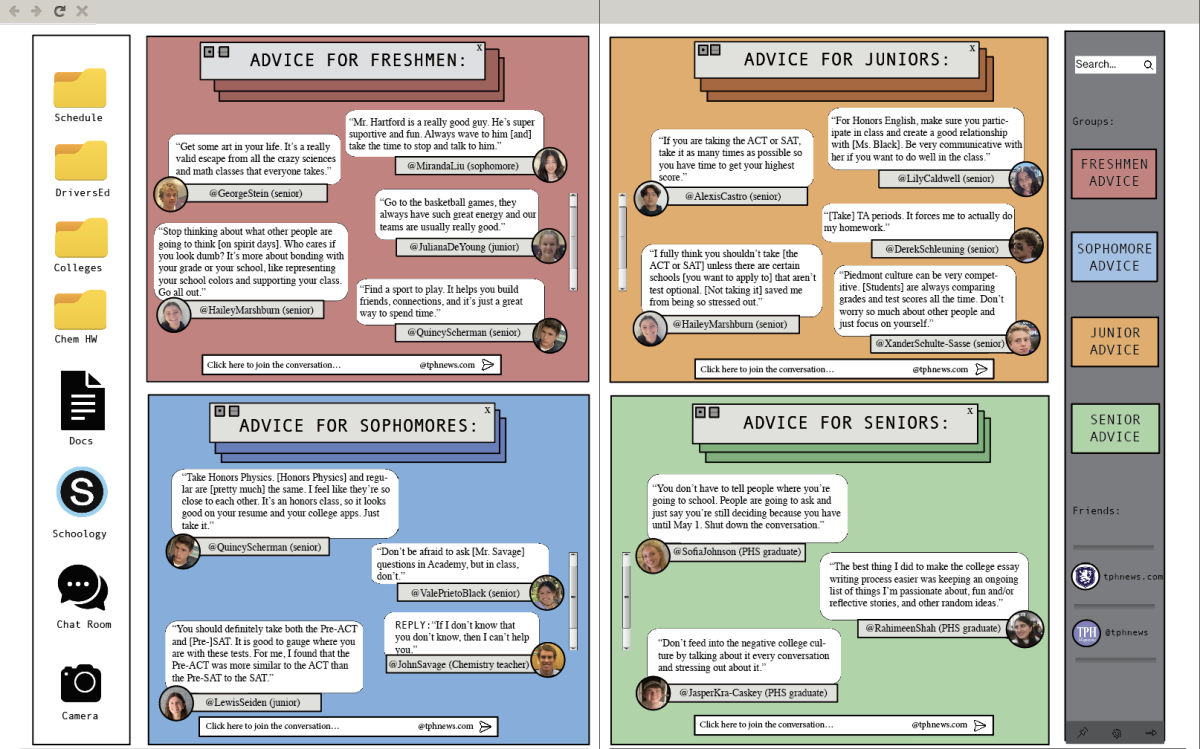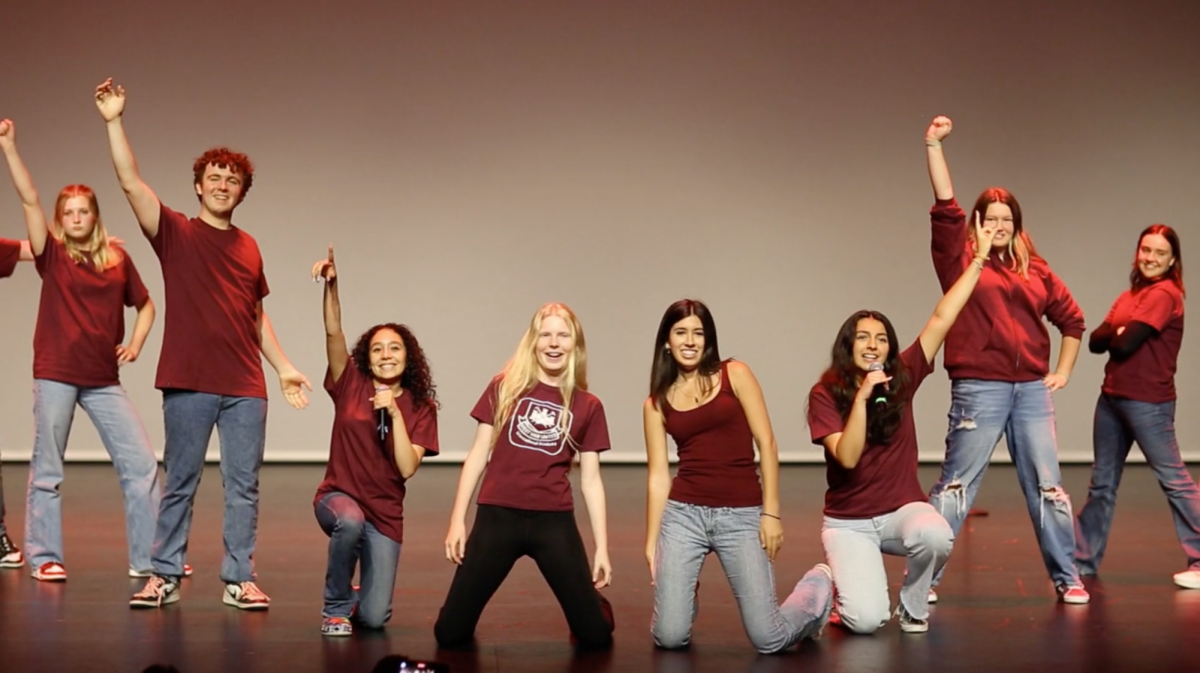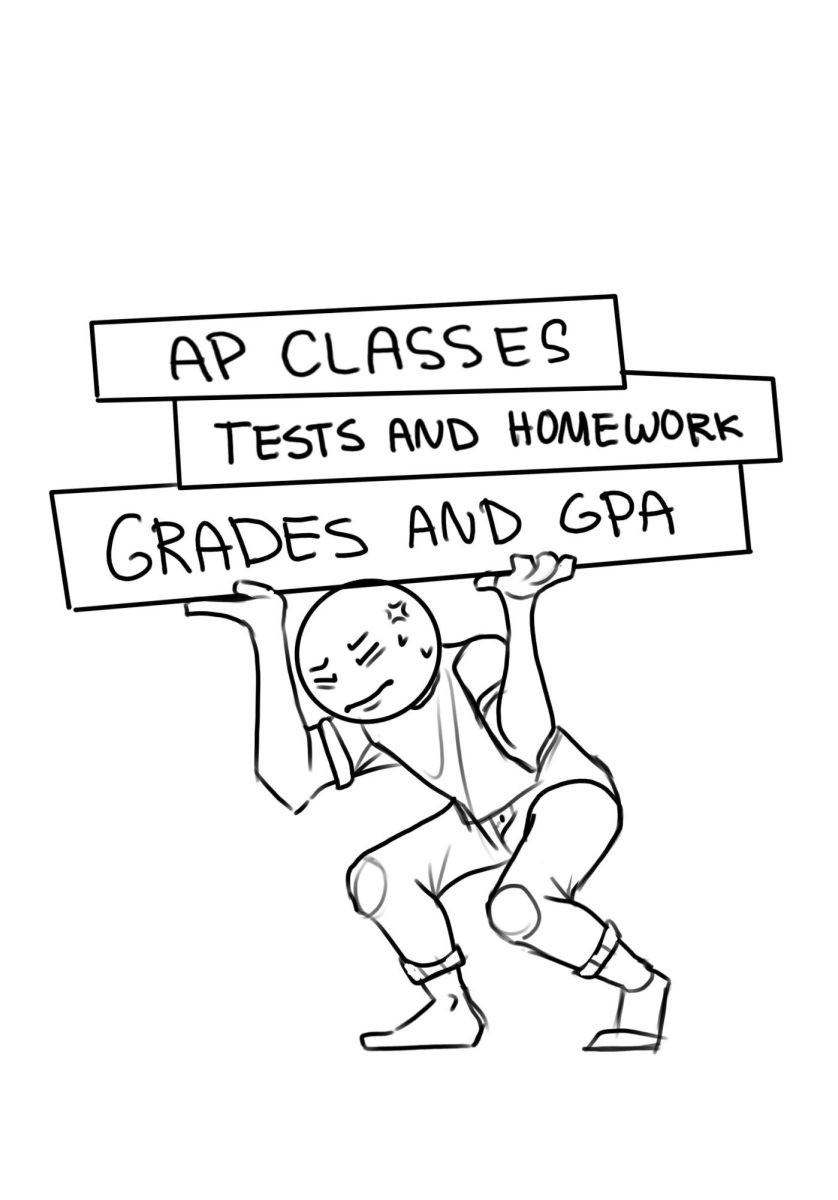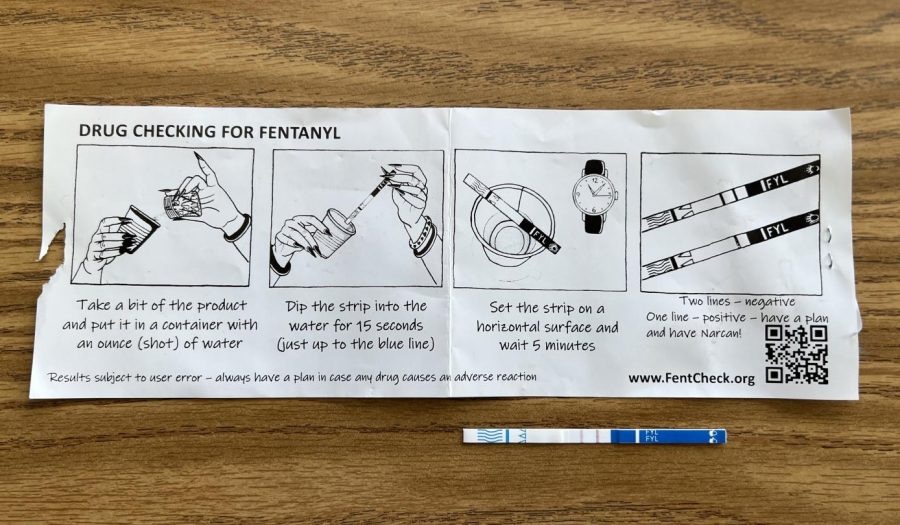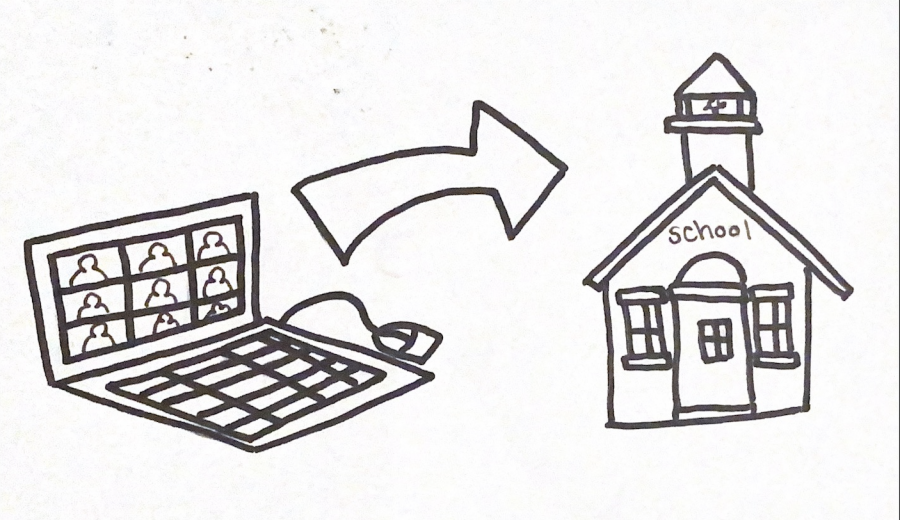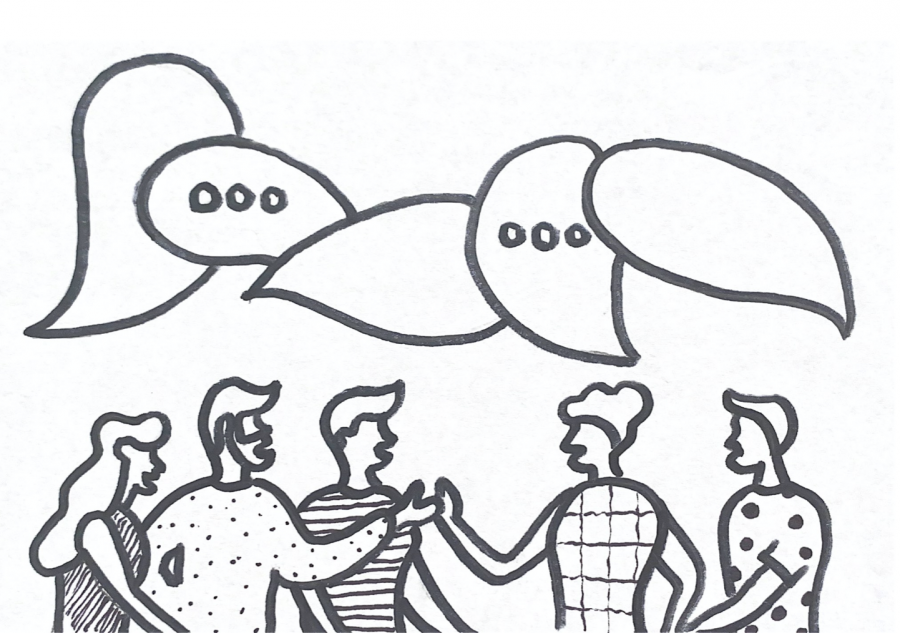It is a familiar scene for all of us: twenty desks moved into a circle, restless legs underfoot, and a red pen hovering ominously over blank grading rubrics.
Apart from causing undue anxiety, graded class discussions reduce the value of real, meaningful conversations by attaching a score to individual contributions. Under pressure, students internally calculate how many points their “insightful” comment will earn them instead of focusing on how to further the conversation. This leaves class discussions stranded on a road to nowhere — uninspired, self-centered, and disconnected.
We are not here to call for an end to graded class discussions. Instead, we take issue with the fact that the uncollaborative, self-validating nature of graded class discussions has spilled into our everyday discourse.
We have forgotten how to speak with one another in a civil, meaningful, and empathetic way. Always in a rush, we enter into conversations and immediately look for exit signs. We stop listening. We interrupt each other at every turn. In the worst scenarios, our distraction and pent-up anger causes us to crash.
Our lack of skill becomes even more pronounced when we are faced with controversial issues like teacher compensation and the observance of religious and cultural holidays. Unwilling to budge from the lane that we are in, we fail to conduct the conversations that we desperately need to be having. We drive stubbornly forward, but our pride ultimately holds us back.
It is time for all of us — students, teachers, and administrators — to put ourselves in the driver’s seat when it comes to our conversations, instead of whining passively from the back seat. To be responsible “conversationalists,” we need to internalize these rules of the road.
First, be aware of your surroundings. Instead of thinking about what you are going to say next, focus your energy on observing the people you are talking with. Before you merge lanes or hit the accelerator, consider all of the cues that they have provided in their words and body language.
Next, refrain from going on autopilot. While it is easy for us to take our hands off the steering wheel and let our minds wander instead of listening attentively, doing so prevents us from making the most of our conversations and conveys a fundamental lack of respect for the other person’s ideas.
Finally, take the scenic route. Rather than defaulting to the most convenient or familiar path, let your conversation be slow, winding, and stimulating. Remember that the point of a conversation is never to get somewhere: the journey is the destination. Turn off the GPS. Get lost amongst ideas. Tread the “uncommon” ground — the unfamiliar, uncomfortable, but broadening terrain that cherishes differences without flattening them into similarities.
We can employ these tactics to navigate our graded conversations, as well as our everyday conversations, off the road to nowhere and into an exploration of new ideas. Instead of driving the fastest or the most flashily, be observant, respectful, and curious.
Just like driving, conversations require tact, agility, and concerted practice. But when done properly, conversations can bring us to new and exciting destinations. Buckle up, and enjoy the ride.





